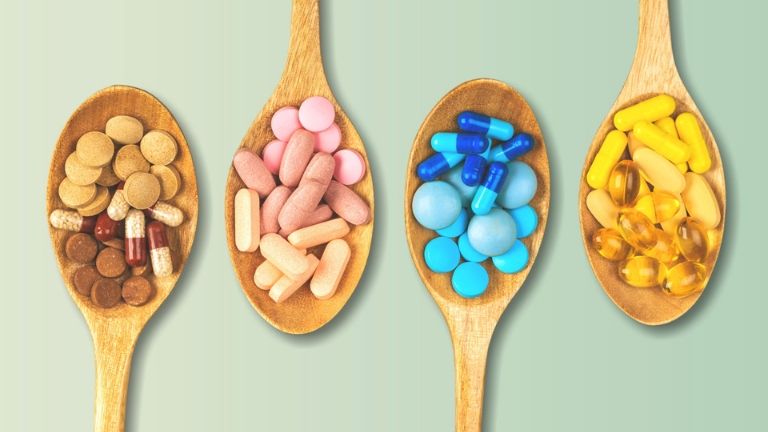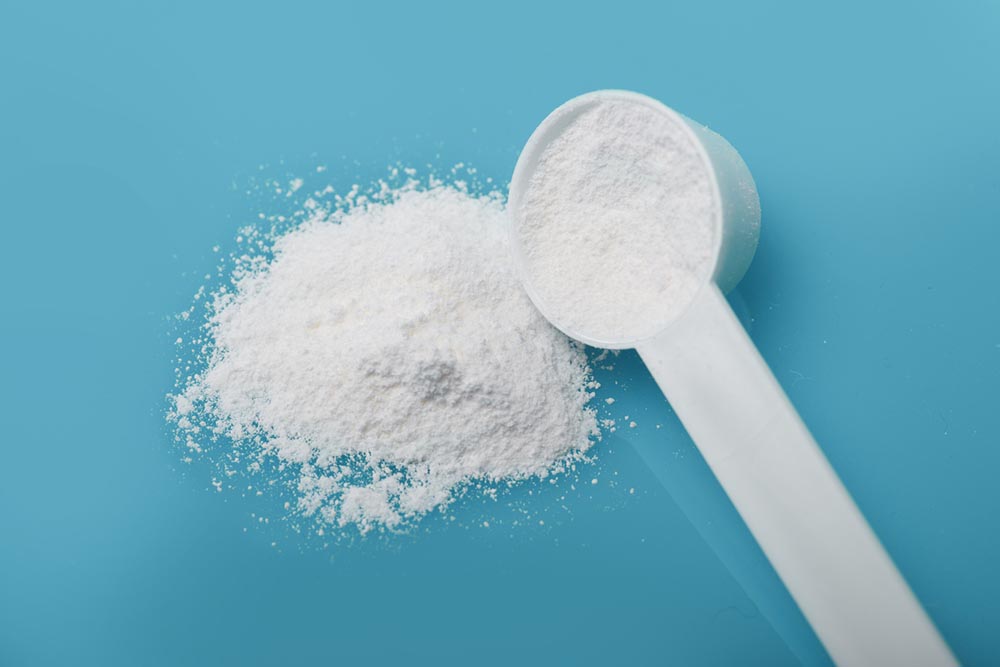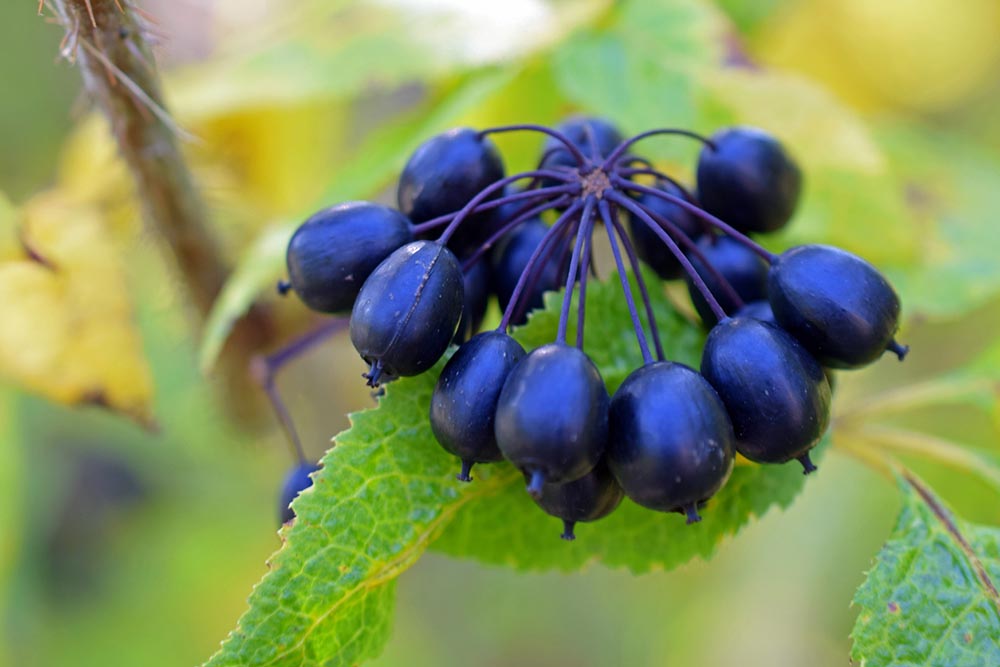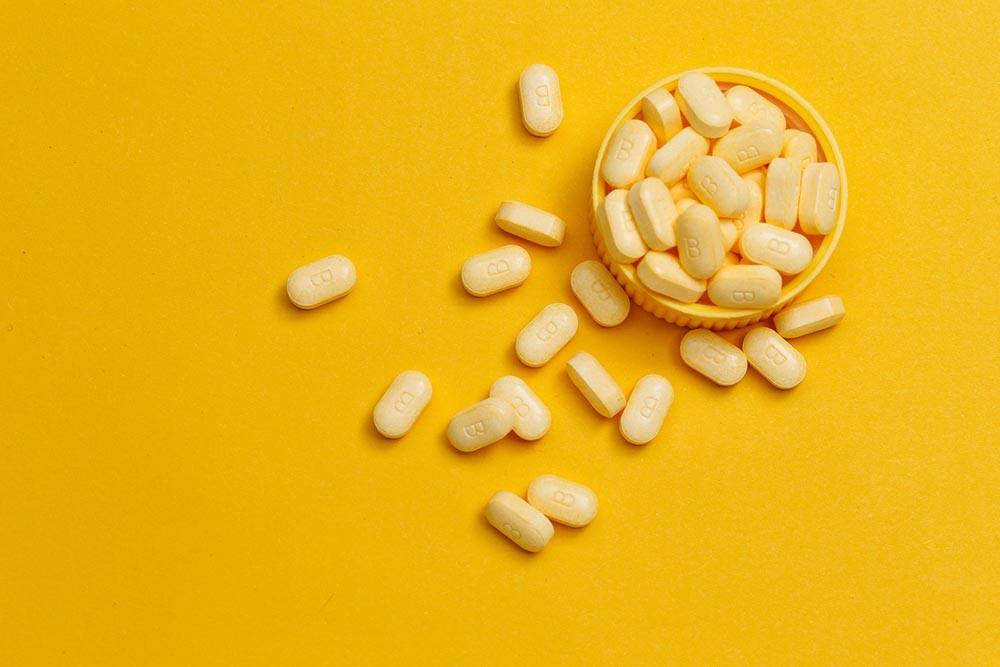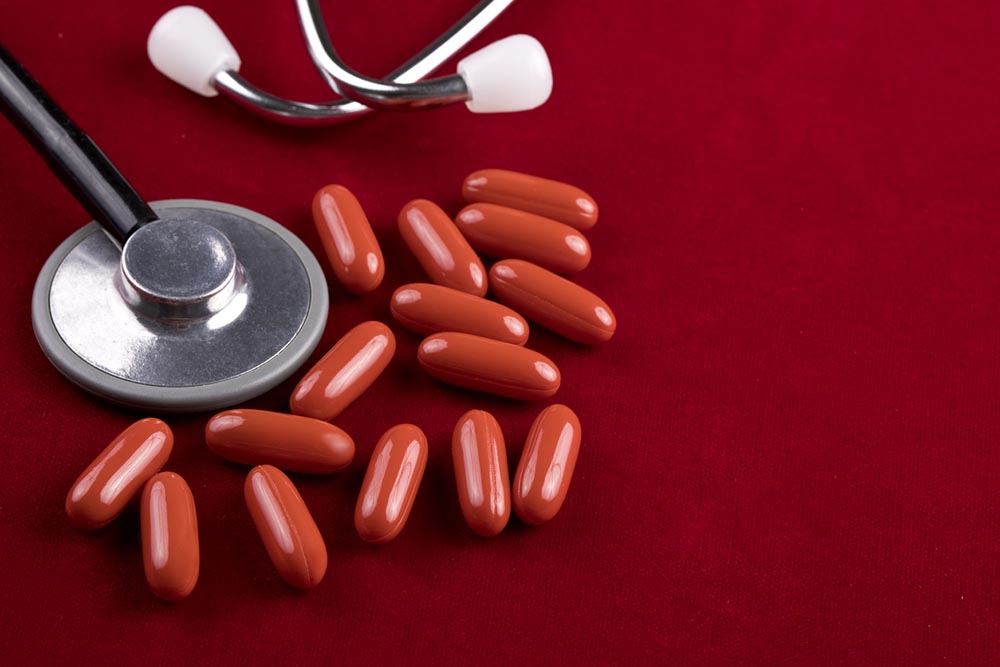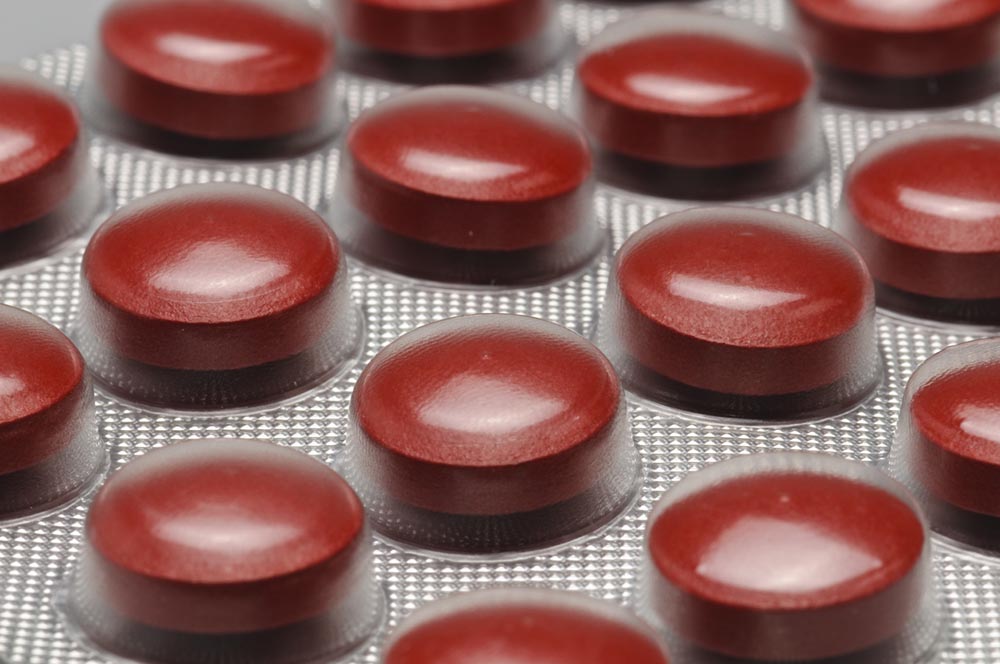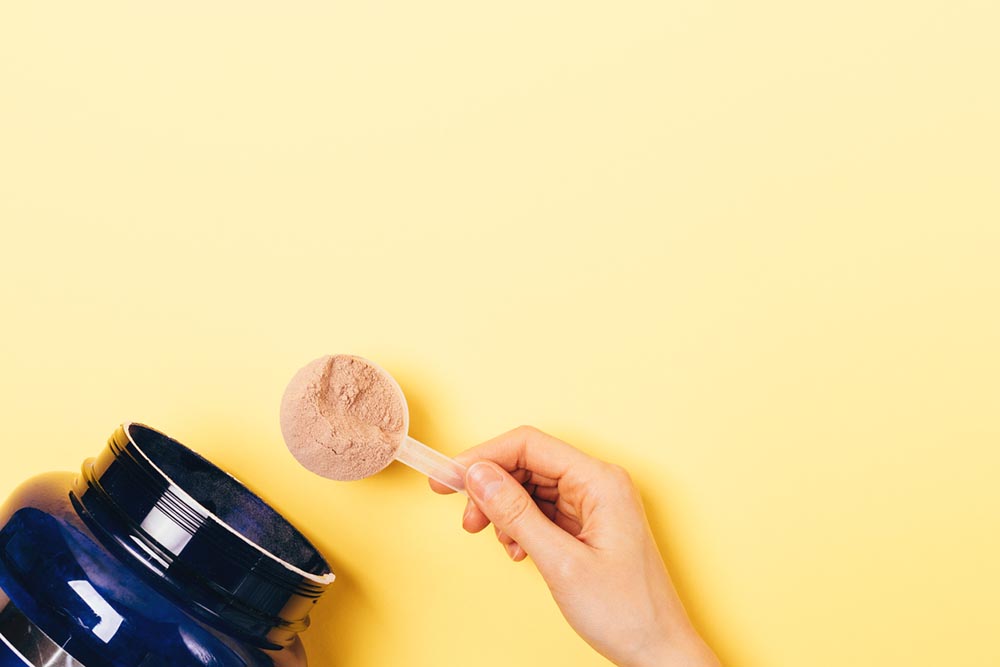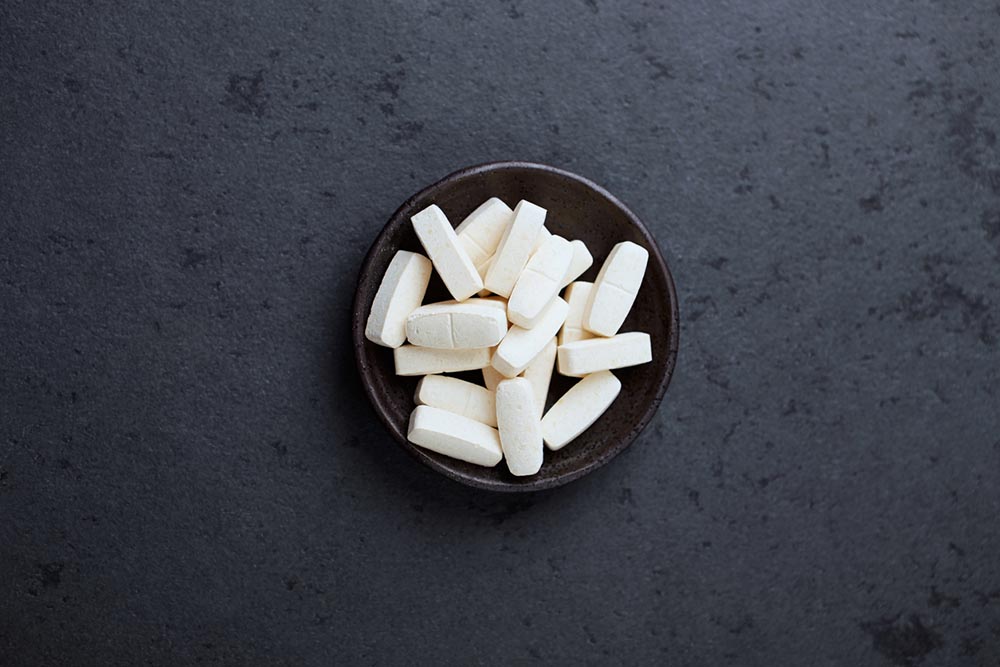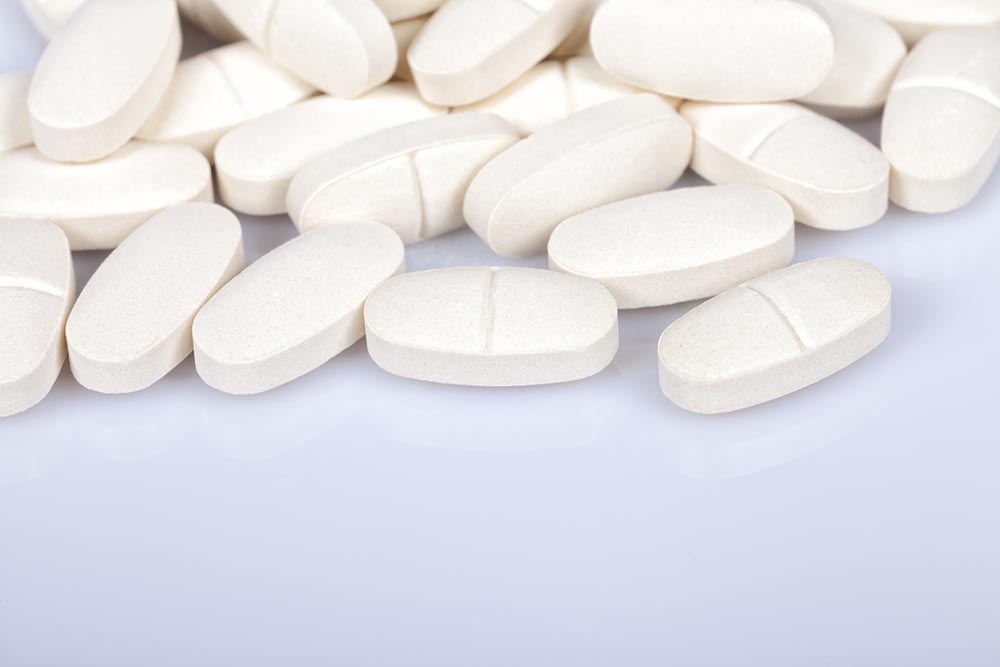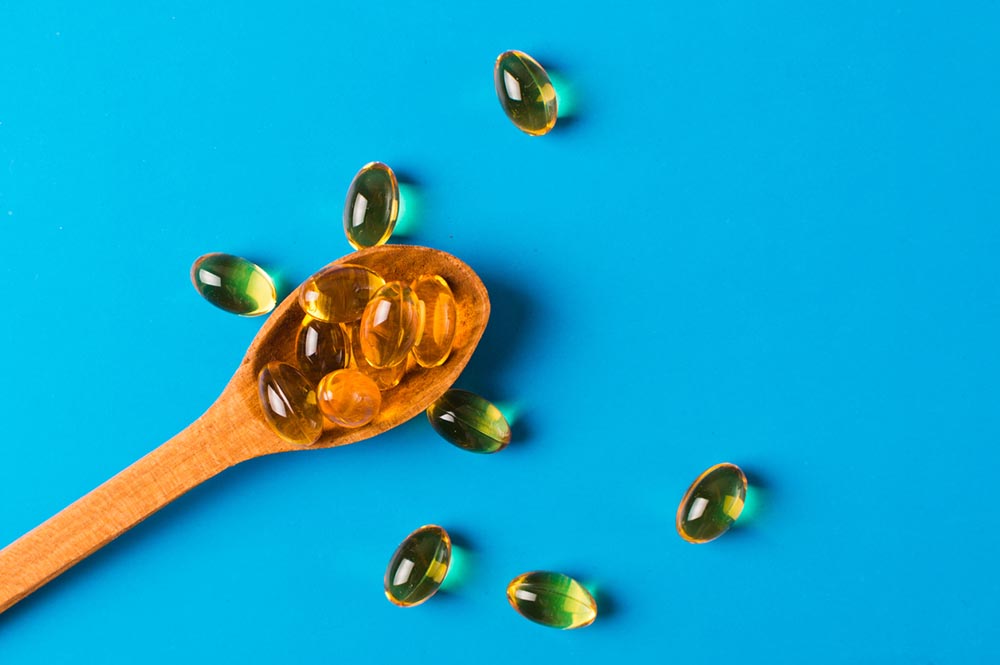Whether you have aching muscles, exhaustion or joint pain, nutritionist Rick Hay says there is a targeted supplement that can help
If you’re keen on exercise and fitness, you’ll be familiar with that amazing feeling you get after a great gym session or a feel good run. Even a brisk walk can leave you feeling clear-headed and upbeat.
Not only does exercise boost your mood, it also controls your weight, is great for your skin, gives you energy and can prevent more serious health conditions such as chronic diseases.
But if you suffer from aches, pain or soreness after exercise, you may end up working out less. Unfortunately, intense or prolonged exercise can cause damage to muscle fibres, causing muscle soreness and muscle weakness, which can affect our ability to train and perform.
Healthista nutritional director Rick Hay has complied a list of nutrients and muscle soreness and prevent exercise induced aches and pains.
When you need: RECOVERY
Try: L-carnitine
L-carnitine is a type of amino acid that has been scientifically proven to benefit energy levels and aid fat metabolism. ‘L-carnitine helps to transport fatty acids into the mitochondria of our cells’ explains Hay. Mitochondria are the powerhouses of our cells, where energy is made. ‘Here they can be oxidized and used for fuel.’
It is best to take L-carnitine before working out, as it is especially effective for our energy production during intense exercise, making it great for powering through an intense workout.
As well as providing you with energy for your workout, studies have shown that L-carnitine also improves muscle recovery following exercise and can help burn fat.
It is best to take l-carnitine before working out
One such study, published in the journal Nutrients, 2018, revealed that L-carnitine had the potential to alleviate muscle injuries following exercise and that the athletic population can benefit from l-carnitine intake as it reduces the side effects of high-intensity training by reducing the extent of exercise-induced muscle injury.
As an added bonus, L-carnitine also works as a blood sugar regulator, this will ‘help reduce those lingering and unwanted cravings if you are trying to lose weight,’ says Hay. Try BioCare’s Acetyl Carnitine & Alpha Lipoic Acid, £27.50
Red meat has the highest levels of l-carnitine, a 4-ounce beef steak has an estimated 56 mg to 162 mg of carnitine. Carnitine can also be found in smaller amounts in chicken, milk and dairy products, fish, beans, and avocado.
When you need: PERFORMANCE
Try: Siberian Ginseng
Siberian Ginseng is great for both physical endurance and performance.
A plant where the root is often used to make medicines and health supplements, it’s often called an ‘adaptogen’, which is a non-medical term used to describe substances that are said to strengthen the body and increase people’s resistance to daily stress.
Read more: This former model says taking adaptogens could change your life
In one randomized, double-blind, placebo-controlled study researchers gave one gram of Siberian ginseng powder for six weeks to 30 subjects.
15 female and 15 male athletes from the Tasmanian State Institute of Technology were studied, and results showed that pectoral strength increased by 13% and quadriceps strength rose 15%, with both changes being statistically significant.
Another double-blind, randomized, placebo controlled study found that consuming 800 milligrams (mg) of eleuthero (Siberian Ginseng) a day for eight weeks increased a male subject’s endurance time by 23% and their highest heart rate by 3%. Try BioCare’s Ginseng, £10.60
When you need: A MENTAL BOOST
Try: B vitamins
B vitamins are important for the health of our nervous system and are essential in order to obtain energy from the carbohydrates, fats and proteins we eat.
Exercise causes the body to go into the stress response because it stresses the muscles and joints (this is a good thing as it encourages the the muscles and joints to get fitter and stronger).
During this stress response, we use up our B vitamins, because key chemical processes we need to dealing with stress – such as the conversion of amino acids into brain neurotransmitters – require B vitamins.
If your B vitamins levels are insufficient you won’t produce adequate levels of serotonin and dopamine (your brain’s essential feel good neurotransmitters) and you may experience brain fog, fatigue, difficulty sleeping and a lack of motivation as a result.
Vitamin B6 in particular is involved in the production of the neurotransmitters (brain chemicals) serotonin and dopamine that regulate mood and motivation and also melatonin (which governs sleep).
B vitamins are key when it comes to relieving stress
It may come as no surprise that sleep is incredibly important for muscle recovery, and without enough your muscles won’t be repairing and recovering as they should be. ‘B vitamins are particularly important for the regulation of mood, sleep, stress, and metabolism,’ Hay explains.
A study published in the International Journal of Sport Nutrition and Exercise Metabolism highlighted the importance of B-vitamins and found that for active individuals a marginal deficiency in B vitamins may impact the body’s ability to repair itself, operate efficiently and fight disease.
‘The more stress you’re under, the more B vitamins your body may be using up,’ Hay says. Eating foods rich in B vitamins such as whole grains, spinach, kidney beans, chickpeas, lentils, quinoa, salmon, tofu, eggs and pecan nuts will help to keep you B vitamin levels topped up. Try BioCare’s B Complex, £8.15
When you need: ENERGY
Try: Co-enzyme Q10
Co-enzyme Q10 (CoQ10) is one of the health world’s best kept supplement secrets for energy, Hay asserts. In fact, CoQ10 is often the go-to supplement for those who want to enhance natural energy production.
‘CoEnzyme Q10 is integral to energy production in the body,’ says Hay. ‘It can be found in the mitochondria (these are the powerhouses, or ‘engines’ in every cell in your body) inside your body’s cells.
‘Inside the mitochondria, this nutrient helps synthesise Adenosine Triphosphate (ATP); a key form of fuel that our cells require to create the energy to perform their cellular processes.
CoQ10 can reduce fatigue and allow you to work out better, longer and harder
‘This makes it a popular supplement for athletes and for individuals who are feeling a little lethargic because it can help the body make its own fuel for energy.’
Because of its role in cellular energy production, CoQ10 can reduce fatigue and allow you to work out better, longer and harder, explains Hay. Therefore, those who exercise regularly may find taking CoQ10 useful.
One double-blinded, placebo-controlled study showed the potential benefit of CoQ10 supplementation to help combat fatigue.
The study saw 17 individuals, half of which rook an oral supplement of CoQ10, the other half a placebo, they were tested to see the anti-fatigue effects of CoQ10 during physical fatigue.
Results showed that those who had taken CoQ10 were shown to have improved energy levels, reduced recovery periods and better physical performance during intense workouts. Try BioCare’s MicroCell CoQ10 Plus Omega, £38.70
CoQ10 can also be found in beef, pork, chicken, and fatty fish such as tuna, with beef having the highest amounts.
While the highest levels of CoQ10 are found in animal products, oils such as soybean, corn, and olive are also good sources.
When you’re: TIRED ALL THE TIME
Try: Iron
According to the World Health Organisation (WHO) some eight in ten people worldwide are deficient in iron. Fatigue is one of the most common signs of iron deficiency because iron is responsible for the transportation of oxygen to all body tissues.
Other symptoms of iron deficiency include headaches, lethargy and even depression, that’s why it’s important to make sure your iron levels are sufficient.
eight in ten people worldwide are deficient in iron
Too little iron in the body deprives the tissues of energy, which can leave you feeling exhausted as your body tries to take energy from wherever it can. Try BioCare’s Iron Complex, £17.50
Research published in the Danish Medical Journal in 2014 suggested that of patients who were critically iron deficient, almost half experienced physical tiredness as their main symptom. The same research found that supplementation with iron was significantly effective in relieving symptoms.
Iron rich foods include red meat, shellfish, fried fruits, beans, pulses, dark green leafy vegetables, beans along with canned and oily fish.
If you think you could be iron deficient, it is important that your get your levels checked with your doctor.
If you need: TISSUE REPAIR
Try: quality protein powder
The one supplement we’ve all heard of – protein powder – is not only a bodybuilder’s best friend but now an essential accessory to everyone’s gym life.
Protein powder may help people to shed unwanted pounds and assist with building lean muscle mass aka ‘gains’, but it is also a necessary supplement for helping to repair our muscles and reduce muscle soreness; especially some of the more cutting edge formulation that also contain other nutrients beneficial to exercisers.
For example, Healthista’s Lean Protein range of whey and vegan protein powders contain key nutrients from this list such as L-carnitine and glutamine for recovery and fat burn as well as 14-16 grams of high quality, easily digestible protein per serve.
When we work out, exercise causes tiny tears and strains in the muscles. After exercise these muscles need replenishing in order to rebuild and repair. Consuming protein post workout nourishes the cells needed to help repair our muscles.
After a workout, you’ve damaged muscle tissues, so it’s a sensible time to consume a high quality source of protein such as a protein shake to start the recovery process.
‘Exercise, even cardiovascular, requires protein to repair tissues around your body, support normal metabolic function, manage satiety (fullness) and support normal blood glucose regulation,’ explains Hay.
According to Hay, ‘If you want to help build lean muscle mass, tone up and recover fully after a workout, then fuelling the body with quality protein post-workout is essential.’
In a double-blind randomised parallel trial, 28 sedentary males who had muscle soreness (MS) consumed either 250ml of flavoured water or 25 grams of whey protein after exercise, and found that those who consumed whey protein post exercise saw a reduction in their symptoms of muscle soreness.
According to the Food Standards Agency people need an average of 55 grams of protein to lead a healthy life, but Rick Hay says that’s different if you exercise and that active people should be having more than that.
Rick suggests that your protein intake should be around 1.2 to 1.5 grams per kilogram of body weight. ‘That means someone who weighs 53kg would aim for 65 to 80 grams to meet their daily requirement. Or someone who weighs 80kg, would aim for 100-120 grams of protein,’ explains Hay.
Protein foods include all types of meat, poultry, eggs and fish, but also vegetarian sources such as tofu and tempeh, lentils and pulses, beans and nuts.
If you get: MUSCLE SORENESS
Try: Glutamine
Glutamine is the most plentiful amino acid found in our blood and is also the best amino acid to aid recovery and reduce muscular aches and pains.
Along with recovery, glutamine promotes muscle growth, can reduce muscle wastage and improves sports performance overall.
Taking glutamine after exercise acts as an internal massage for contracted muscles
If after exercise you feel sore, your legs feel tired, you feel unmotivated and exhausted then glutamine could help you recover. Taking it after exercise acts as an internal massage for contracted muscles which will play an important role in recovery by reducing muscles’ tiredness and soreness, Hay asserts.
Biocare’s Perform Intensive is a high potency powder combination designed to support energy production which contains high-level glutamine, as well as vitamin B3 and beetroot extract for performance in a single sachet you can take in stare before or during a workout, suggests Hay.
Dietary sources of glutamine include protein-rich foods such as beef, chicken, fish, dairy products, eggs, vegetables like beans, beets, cabbage, spinach, carrots, parsley, vegetable juices and also in wheat, papaya, Brussels sprouts, celery, kale and fermented foods like miso.
When you need: SLEEP
Try: magnesium
During exercise we use our calcium stores to facilitate muscular contractions, and as we sweat, we start to lose more minerals, namely potassium, sodium and magnesium. This results in an imbalance which can also give rise to painful cramps after exercise, called Delayed Onset Muscle Soreness or DOMS.
‘Magnesium is the most important mineral for muscle relaxation and can speed up recovery time,’ says Hay. ‘It also has a virtual instant calming effect on the nervous system and will help to reduce muscle cramps and muscle tightness and to relax you if taken before bed.
magnesium is the most important mineral for muscle relaxation and can speed up recovery time
Magnesium is also critical to many physiological and psychological processes that are essential for staying asleep, and sleep. is crucial for muscle recovery.
Indeed, a double-blind randomized clinical study on 46 older adults, saw some take a magnesium supplement and others a placebo over a period of eight weeks.
The study found that those taking a magnesium supplement daily fell asleep faster and researchers also noticed improved sleep quality and decreased insomnia symptoms.
Biocare’s MitoGuard Intensive, has been been formulated to support energy production and reduce fatigue. It contains CoQ10, vitamins B2 and B3 and magnesium. Take it either in the morning or thirty minutes before or after exercise,’ suggests Hay.
Food that contain magnesium include: green leafy vegetables such as, spinach and kale, figs, avocado, banana, raspberries, nuts, seeds, black beans, chickpeas, kidney beans, salmon, mackerel, tuna, brown rice, oats, dark chocolate and tofu.
If you get: JOINT INFLAMMATION
Try: Omega 3s
Nutritionists are always on at us to eat two pieces of oily fish a week for heart health, skin health, benefits to the brain and even mental health. This is because oily fish such as salmon, sardines, and mackerel are rich in omega-3 fatty acids which can also be found in walnuts, flaxseed and for quick fix lovers – omega-3 supplements.
But omega-3 fatty acids are particularly important for joint health.
‘After exercise, inflammation of the joints and muscle soreness can occur,’ says Hay. To help alleviate this, try increasing your levels of omega 3 fatty acids from oily fish or algae and flaxseeds if you’re vegan/vegetarian, or try taking omega-3 supplements from fish and algal oil. ‘These could help lubricate the joints, alleviating pain,’ says Hay.
A 2017 systematic review and meta-analysis of randomized trials concluded that those who had suffered from achy joints including arthritic pain, saw their inflammation relieved by marine oil and omega-3 supplements.
More Healthista Content:
7 signs of vitamin deficiency ruining your looks
11 time management tips that will make you happier
The best healthy snacks to satisfy your crisp cravings
How to lose weight – a top nutritionist’s guide
Like this article? Sign up to our newsletter to get more articles like this delivered straight to your inbox.



